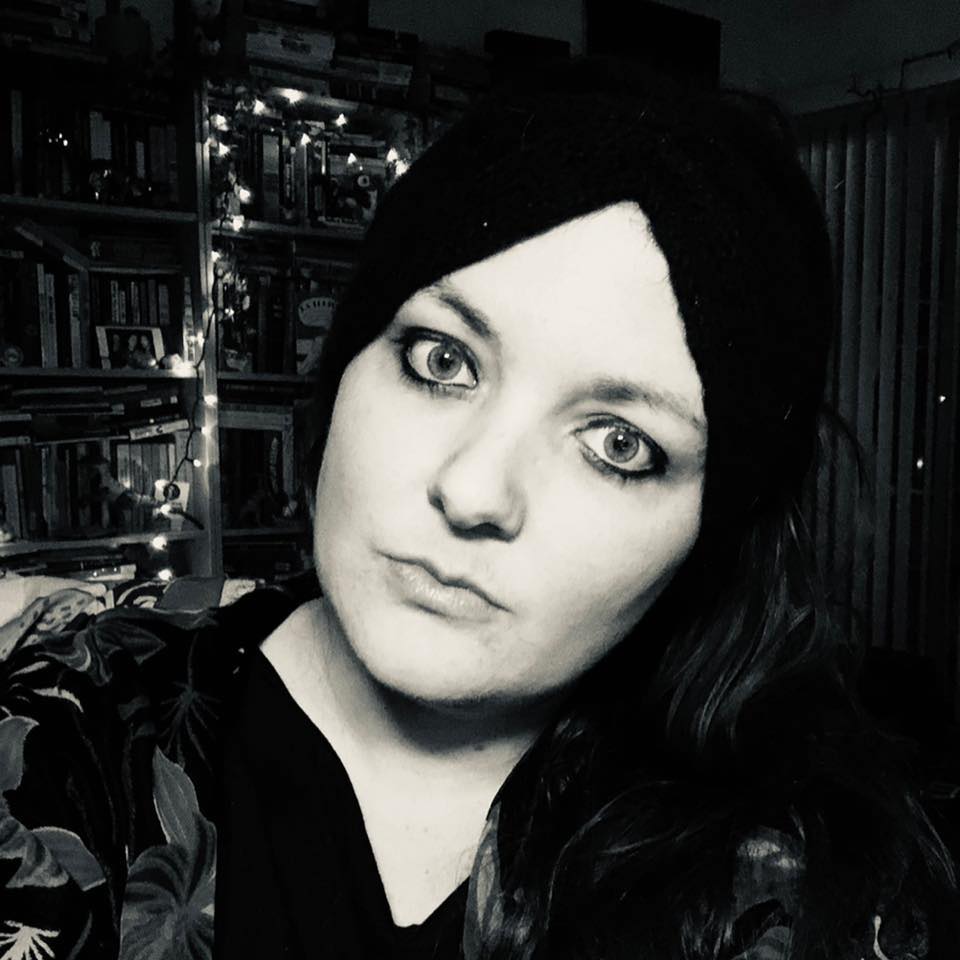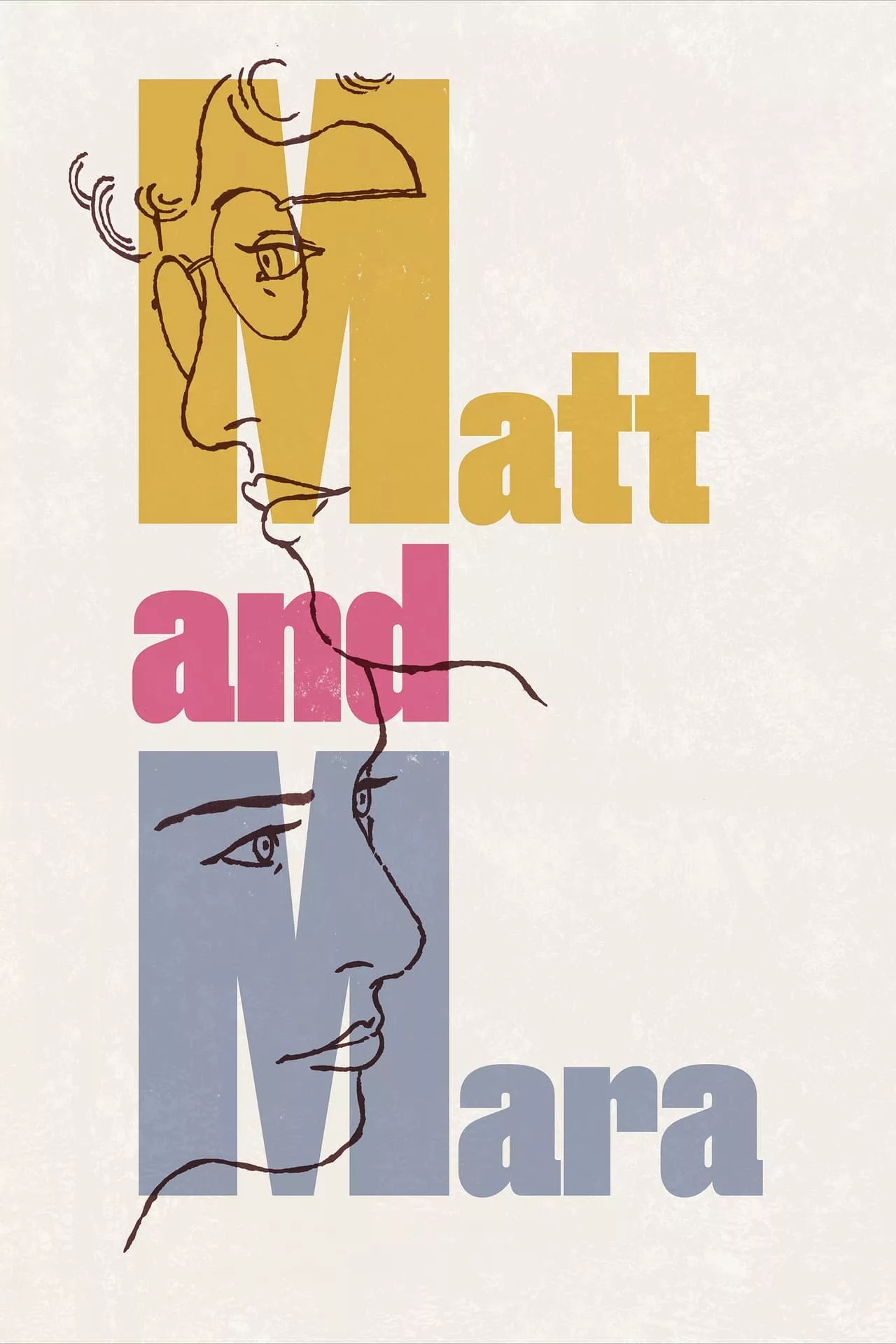“Your relationship seems young,” a passport photographer tells poetry professor Mara (Deragh Campbell) early on in “Matt and Mara,” when novelist Matt (Matt Johnson) leaves to take a phone call, mistaking them for a married couple. Friends since college, reconnecting for the first time in years, the two have the playful freshness of a relationship that, for whatever reason, has not yet fizzled out or had its mettle tested.
While the title of writer-director Kazik Radwanski’s pensive relationship drama gives the impression that the film will be about these two people in equal measure, it is squarely rooted in Mara’s perspective. The story weaves between Mara’s course on poetic grammar, her lectures, discussions, and one-on-ones with students, to her increasingly sexually-charged interactions with Matt out in the world and the lived-in intimacy of her moments at home with her husband, a musician named Samir (Mounir Al Shami), and their young child.
Instead, the title reflects her inability to contend with her inner concept of who she is in relation to Matt. It’s as if they are, in the amber of her mind, forever the “Matt and Mara” they were in college. Yet Matt and Mara, singular, are now both not who they once were. But also, that entity that was “Matt and Mara,” singular, may never have been what she thought it once was, either. In her poetry course, Mara pushes her students to rework the grammar of their poems, asking them to look at poetic structure from different perspectives to better understand the meaning of words and phrases and the feelings they evoke. So, too, must Mara push herself to examine her feelings for Matt.
“I’m trying to decide who is making who self-conscious,” Matt jokes during their first meeting over coffee after Mara describes an idea she has for a piece exploring the nature of identity and how it can be shaped by forces outside your control. Later, Mara compares the biography on the back of his book, “Rat King and Other Stories,” which describes him as having “sharp takes and fresh assertions on modern life,” to the dryly academic bio on her professor page. Both Matt and Mara, as artists and as human beings, are far more complex creatures than can be distilled into a quick summary written by someone else.
Matt describes Mara as “made of glass”; indeed, Campbell’s body is often tense and brittle, with the air of someone constantly deep in thought, expressing herself almost solely through words. Yet beneath this controlled exterior, she is a deep well of emotions, kept guarded, or occasionally shared through furtive glances. In contrast, Johnson brings the same easy, breezy persona that shone so bright in his feature “BlackBerry.” But here this outward exuberance and charm serve to mask the character’s deeply rooted insecurities over where he stands in Mara’s life and the clearly still-raw pain that comes with a long-harbored, unrequited – or at the very least unconsummated – love.
After Samir gets caught up recording an album, he is unable to drive Mara to an overnight literature conference across the Canadian border in Ithaca, New York. This task is left up to Matt, whose place in her life Mara has not yet shared with Samir. During a break at Niagara Falls, everything brewing under the surface between them comes to a head, forcing Mara to confront the situation as it stands in the here and now. Not much is said, although a lot is expressed. Somehow everything changes and nothing changes.
As the film ends, Radwanski focuses on the unspoken connection between Mara and Samir, where a small gesture speaks volumes about the strength of the world they’ve built together. It’s one sharply contrasted with the uneasy tension of Mara’s current reality with Matt.
Yet she still keeps Matt like a secret, tucked away in her heart like a memento whose true significance only she knows: stuffed inside the pages of a book, placed on a shelf where she will always know where it is if she wants to reach for it in the future.
The film offers no easy answer for their situation. No happy resolution. There is just love in all its forms; messy and simple, spoken and unspoken, shared and hidden. Just as a poem can transform with a slight change of intonation, so does this fractaled love that lives in Mara, as it lives in all of us.
This review was filed from the Toronto International Film Festival. It opens on September 13th.




















